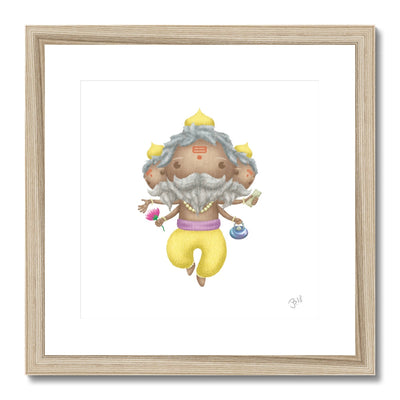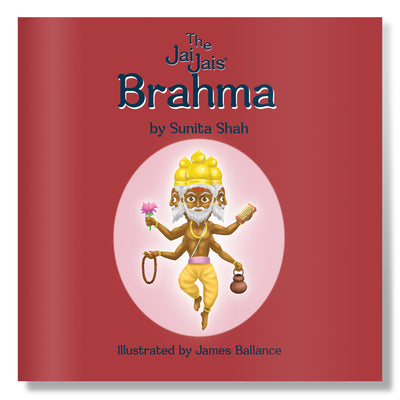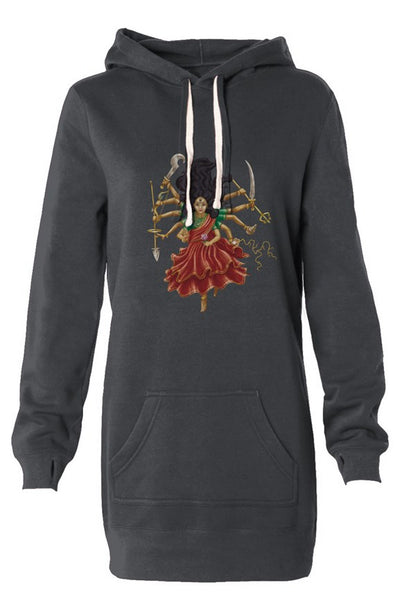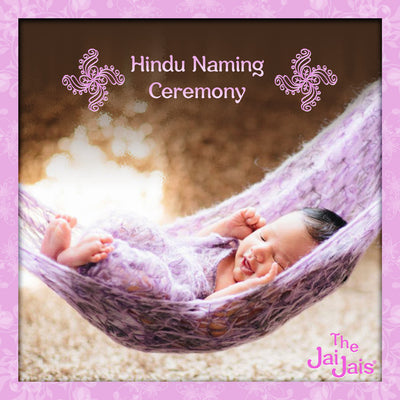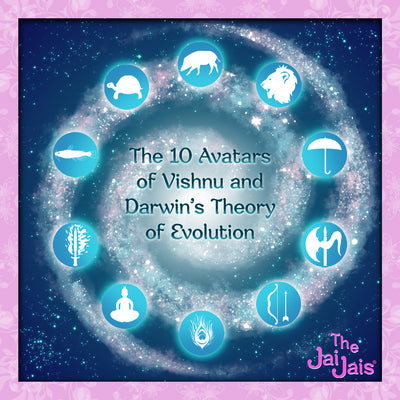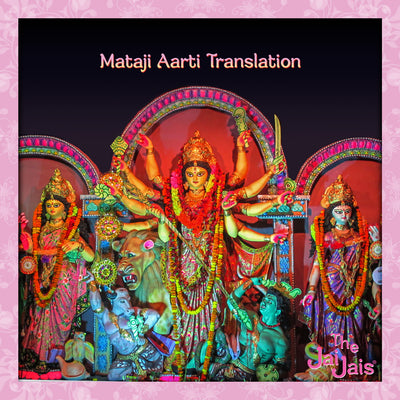So when you here the name Ravana who do we think of? The story of Rama and Sita and the evil asura Ravana who heartlessly kidnapped Sita and took her to his kingdom in Lanka. The story of good versus evil… but is all what it seems? Who actually is the ten headed asura? Let’s find out more The Jai Jais Way.
Ravana means the one who roars loud. He was a devout follower of Lord Shiva. Ravana had received several boons from Shiva. Ravana, however, was also egotistical and had a secret desire to subdue Shiva. Shiva tried to crush Ravana under Mount Kailash, Ravana tore open his own body, made a Veena out of it and sang the Shiva Tandava Stotram (a hymn in praise of the Cosmic Dance of Shiva). Shiva was so ore by his genius, that he named him Ravana.
Ravana is actually related to Lord Brahma Ravana was Brahma's great-grandson. Ravana's father was the famous sage, Visravas, who himself was a son of Prajapati Pulastya, one of Brahma's ten sons.
Ravana is often portrayed with ten heads. These heads are symbolic of his vast knowledge - they represent his mastery over the four Vedas and the six Shastras. He was extremely wise, powerful and ambitious as well, his major goal was to dominate the devas (gods) and gain full control over the entire Universe. Ravana was one of the most learned scholars to have ever lived, Rama asked his brother Lakshmana to sit beside the dying demon-king and learn from him important lessons in statecraft and diplomacy.
Before starting the construction of the Rama Setu, Rama was searching for a pundit to help him with the puja ceremony. Since Ravana was the most learned and qualified pundit in the vicinity, he helped out Rama out of respect. Ravana suggested the most auspicious time to commence the battle and even blessed him saying "vijayi bhava” (may you be victorious). Rama praised the daitya king as a Mahabrahmin and so, he had to perform the Ashwamedha Yagna to defeat Ravana.
Ravana actually had a musical side. In many depictions of Ravana, he can be seen carrying a veena. It is believed that he had a keen interest in music and was a highly accomplished veena player.
Ravana had several wives, out of which Mandodari was his favourite. Once, he made advances towards the wife of Nalakubera (son of Kubera). He was cursed so that he would not be able to touch any woman without her permission to do so. That is why Ravana could not touch Sita when he abducted her - he had to lift the entire chunk of earth that she was standing on.
Ravana was so powerful that, with a mere thought, he could control sunrise and sunset. Ravana was so powerful, he could even interfere with planetary alignments. During the birth of his son Meghnad, Ravana 'instructed' the planets to stay in the 11th house of his son, which would grant him immortality. Saturn, or Shani, refused to do so and stood in the 12th house instead. Ravana was furious, it is said that he attacked Shani Dev with his mace and even imprisoned him.
Being a wise man, an ace astrologer and an equally powerful Asura, Ravana was well aware about his impending doom at the hands of Rama. He knew that Rama was an avatar of Vishnu and had come down to Earth with the sole purpose of destroying him. He welcomed the idea of attaining moksha at the Lotus Feet of the Lord.
Ravana played his role as a bad guy, he that brought balance to the world. There are many people in the world, who still worship him. The fact remains that the story of this demon King is both fascinating and awe-inspiring. An expert in the 64 arts; a musician and astrologer. A mighty Atimaharathi (warrior who could fight and vanquish several warriors at a time); a capable ruler and administrator; an unswerving devotee of Shiva; the one who got his name from Shiva himself - there are indeed so many things to admire about this great soul. Yes, his ego came in the way of his progress as a seeker.
(Ref: Dolls of India)




